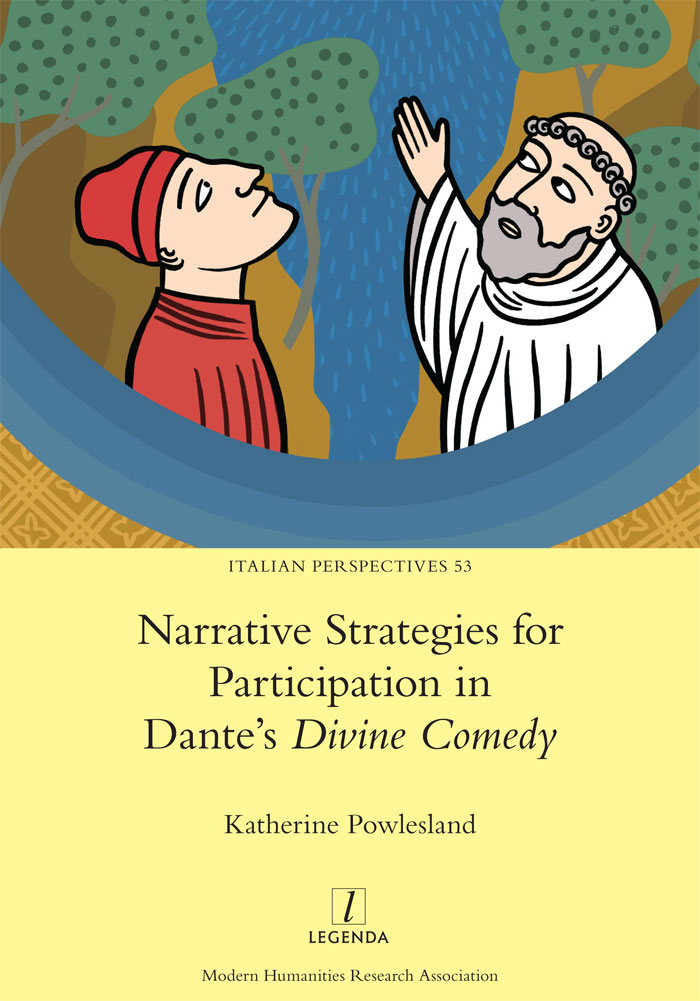Bringing Videogame Theory to Dante
Katherine Powlesland's new book Narrative Strategies for Participation in Dante's Divine Comedy, which will be Italian Perspectives 53, brings an entirely new angle to Dante studies. This is a bold claim, given that Dante studies is enjoying its 700th anniversary this year, but Katherine is bringing to bear theories from cognitive neuroscience and from the critical study of videogames, so I think we can be fairly sure that the medieval scholiasts did not get there before her. But there is a certain affinity between the desire of modern game writers, and the desire of 13th-century epic poets, to enmesh their readers in a participatory experience. Even the most drawing-in of novels — Moby Dick, say — keeps the reader at a certain distance, not really trying to have her actually stand on the deck of the whaling ship. But an immersive game today, or a text like the Divine Comedy or the Roman de la Rose, very much want the reader to experience for herself: to be in that wood, to find her way around that wall, to look into that mirror-like pool with her own eyes. Katherine sees both media as governed by mechanics of narrative participation.
And our book cover is also participatory: it's a modern adaptation of a medieval illumination (from Egerton MS 943), in which St Bernard calls on Dante to look upward and see Mary for himself. We don't know who the original artist was — he was perhaps the illuminator known to posterity as the Maestro degli Antifonari di Padova, that is, the Master of the Antiphonar of Padua, but even if he was, we don't know his name. But I can tell you that his collaborator today is Alan Rogerson, aka Baggelboy.

Narrative Strategies for Participation in Dante's Divine Comedy is due out in our Italian Perspectives series in 2022.
full news feed • subscribe via RSS